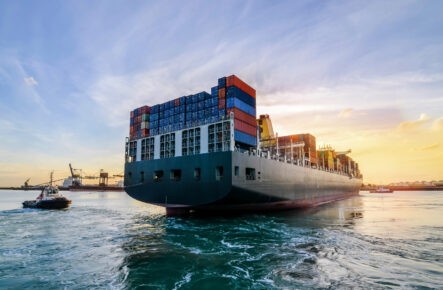As the World Trade Organization (WTO) specifies, rules of origin are defined as “the criteria for determining the country of origin of a product.” They are important because they often define “rights and restrictions applicable” to these products, and in particular the conditions under which they may be imported and exported.
They, therefore, determine in which classifications products fall, and potential tariffs that need to be paid. These can prove to be very penalizing for exporting companies: a car exported from the United Kingdom to the European Union that does not respect the rules of origin would be subject to a customs duty of 10%, which would make the operation economically unviable in most cases.









